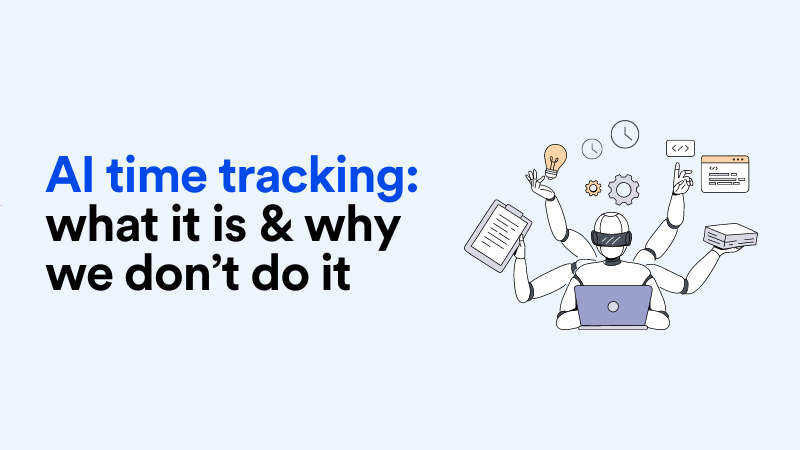
AI Time Tracking Beyond the Clock: Smarter Workflows for GCC Teams
Time tracking is no longer about clocking in and out. For tech teams across the Gulf region, the future lies in intelligent systems that don’t just measure hours but unlock insight. As hybrid and remote work become the new standard in the UAE, Saudi Arabia, and across the GCC, businesses are asking a more strategic question: How can AI make time tracking smarter, not stricter?
Why AI and Time Tracking Are a Perfect Match
Traditional time tracking tools can feel rigid and reactive. They often focus on compliance, not improvement. AI transforms that equation. With capabilities like automatic activity detection, predictive analytics, and intelligent pattern recognition, AI-enabled platforms like ClockBoost help teams:
- Identify peak productivity hours
- Detect burnout risks before they escalate
- Understand time spent across tools (e.g., Jira, Trello, GitHub)
- Offer role-specific insights without micromanaging
For Gulf-based teams, where data compliance, transparency, and trust are critical, these features are not just nice to have they're essential.
The Gulf Context: What Makes AI Time Tracking Relevant Here?
Across the GCC, digital transformation is in full swing. Governments are investing in AI readiness, and the private sector is rapidly adopting smart work solutions. But unlike Western markets, teams here face unique dynamics:
- Mixed-location setups (remote, hybrid, and office)
- Multi-lingual, multi-cultural teams
- Regulatory environments like the UAE’s PDPL and Saudi Arabia’s SDAIA guidelines
AI-powered time tracking aligns well with these realities. Platforms like ClockBoost allow companies to customize visibility settings, apply role-based permissions, and comply with regional data laws.
From Timesheets to Time Intelligence: Key AI Features to Use Now
Here are the top AI-powered time tracking features driving productivity for Gulf teams:
1. Auto-Tracking Across Devices
Tracks time spent on websites, apps, and tools automatically no manual input required.
2. Smart Idle Detection
AI can distinguish between productive pauses (e.g., thinking, meetings) and true idle time.
3. KPI Dashboards with AI Insights
Visualize how team time maps to goals and deliverables from sprint velocity to client billing.
4. Optional Role-Based Screenshots
Supports transparency in sensitive industries (like fintech or SaaS) without invading privacy.
5. Real-Time Productivity Alerts
Nudges teams when patterns shift, like a developer suddenly spending hours on non-dev tools.
ClockBoost in Action: A GCC Tech Team Example
Imagine a 40-person hybrid fintech startup based in Riyadh. Developers split time between home and office. The product team uses Asana, while devs rely on GitHub and VSCode.
Before AI time tracking:
- Managers lacked real-time visibility
- Reporting was delayed and manual
- Productivity dips went unnoticed
After implementing ClockBoost:
- Teams received personalized, AI-driven feedback on how to optimize their week
- The company reduced unproductive time by 17% in three months
- Weekly reports, automated performance review, and sprint planning
Building Smarter Workflows with ClockBoost
Want to start applying AI to your team's productivity? Here’s a simple 4-step roadmap:
- Map Your Tools: Identify what platforms your teams use (Asana, Trello, Google Workspace, etc.)
- Set Transparent Goals: Decide what you want to improve (e.g., reduce idle time, improve sprint delivery)
- Configure with Consent: Use ClockBoost’s privacy-first features to ensure team buy-in
- Monitor & Iterate: Let the AI surface trends, then adjust team norms, not just timelines
What to Watch Out For: Ethical & Regional Considerations
While AI brings efficiency, it also raises valid concerns. GCC teams should:
- Ensure team members understand how data is used
- Avoid over-automation or surveillance-style tracking
- Choose vendors (like ClockBoost) that offer full compliance with PDPL, PCI, SSL, and more
Conclusion: More Than Time, It’s About Trust and Transparency
In today’s fast-moving tech landscape, GCC teams need tools that work with their people, not on them. AI-powered time tracking is not about stricter control, it’s about smarter collaboration. With platforms like ClockBoost, you can go beyond the clock and build a culture of insight, alignment, and trust.




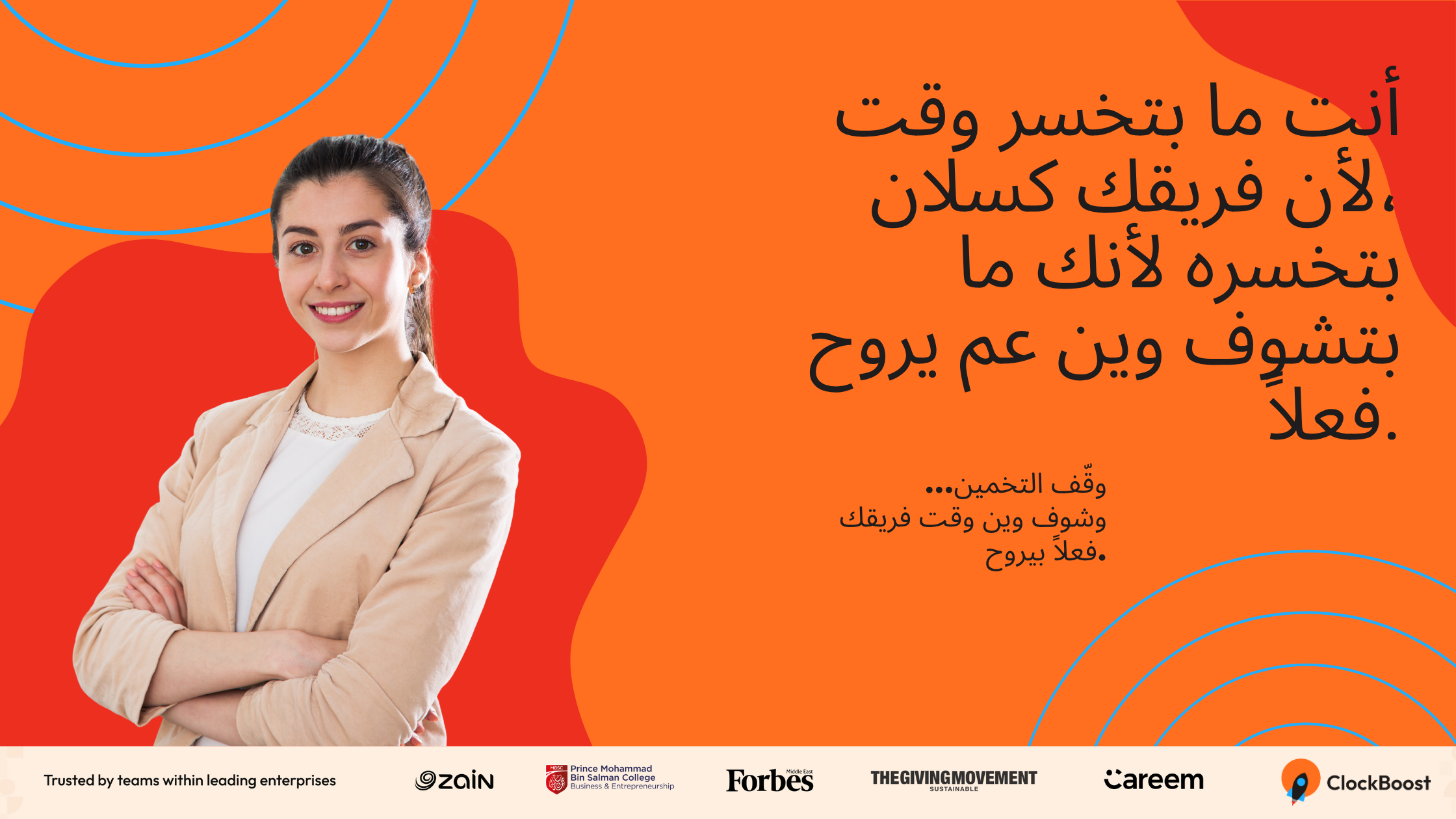
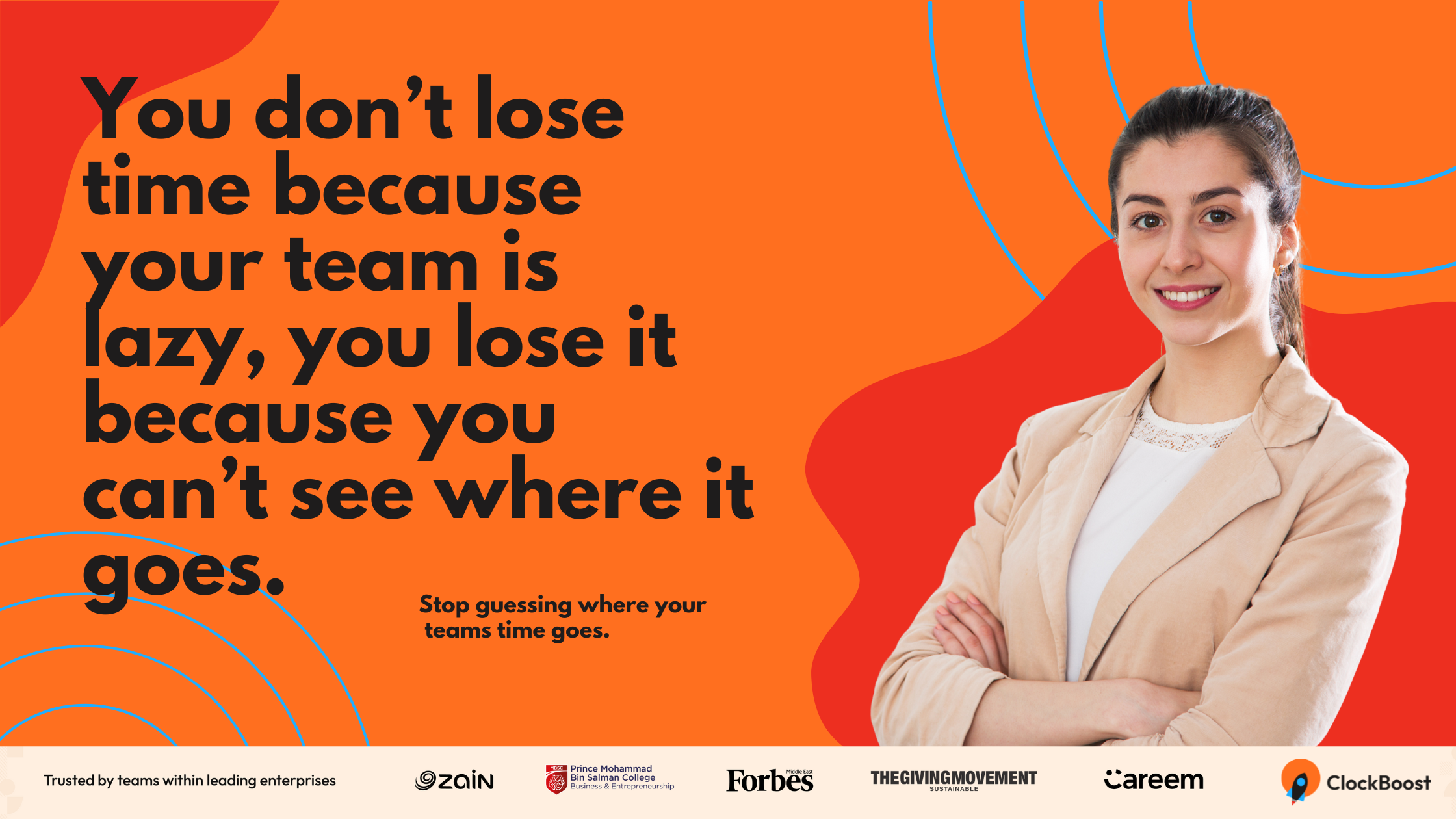



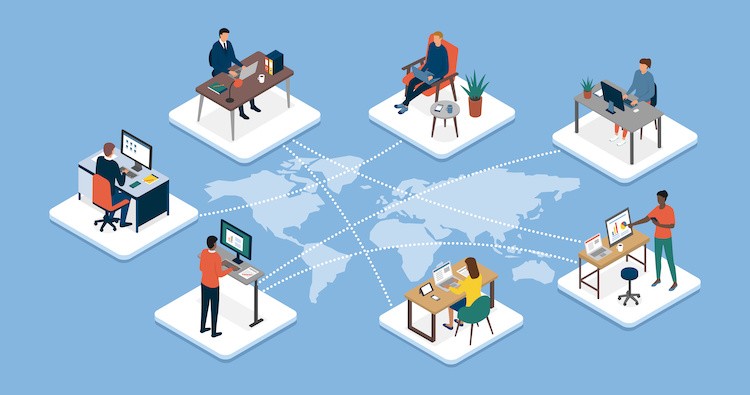
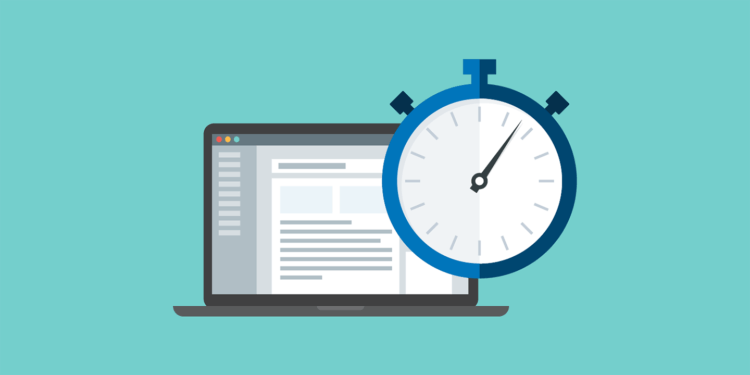



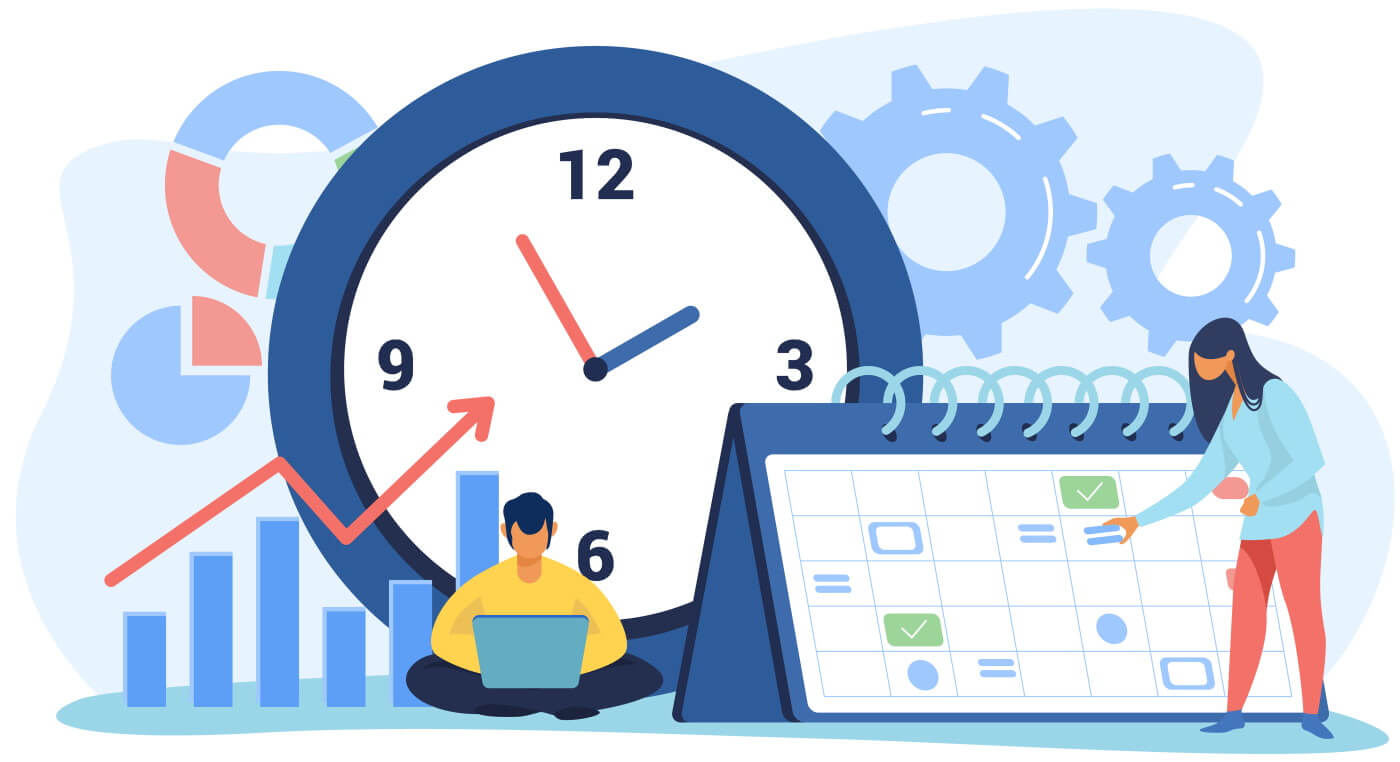

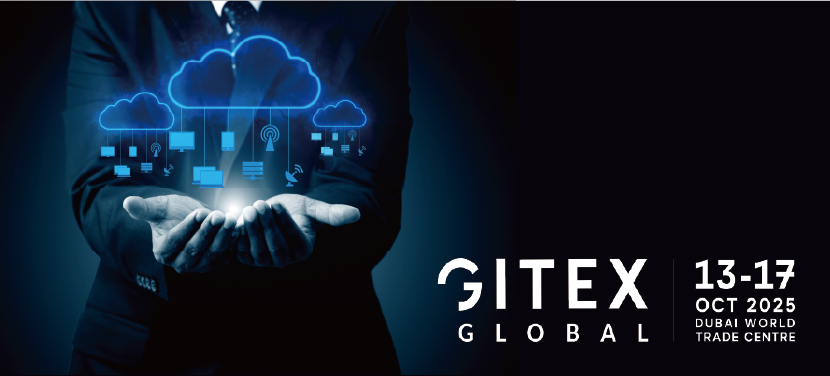
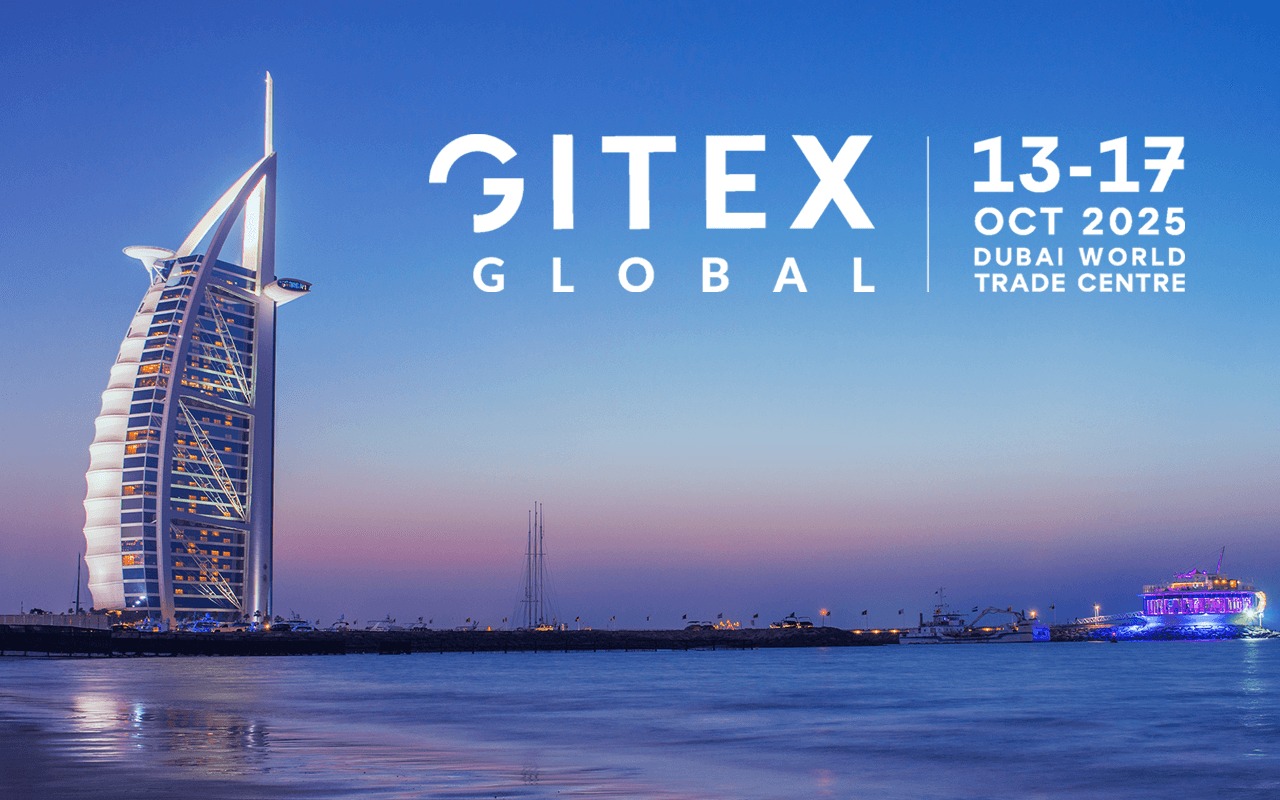

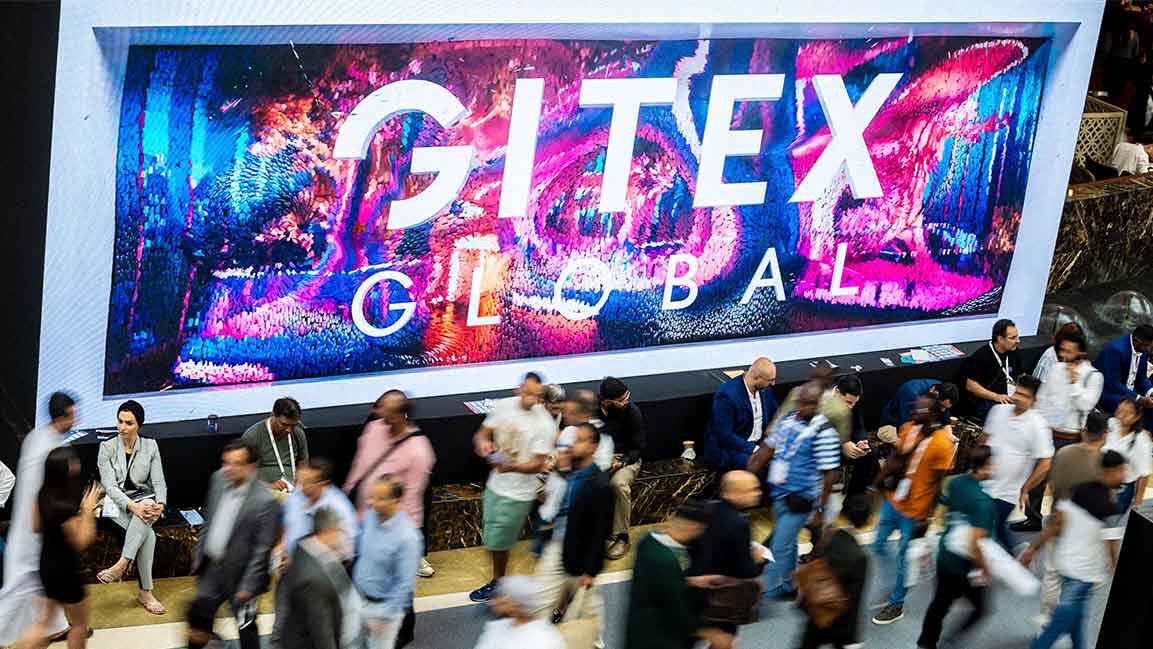
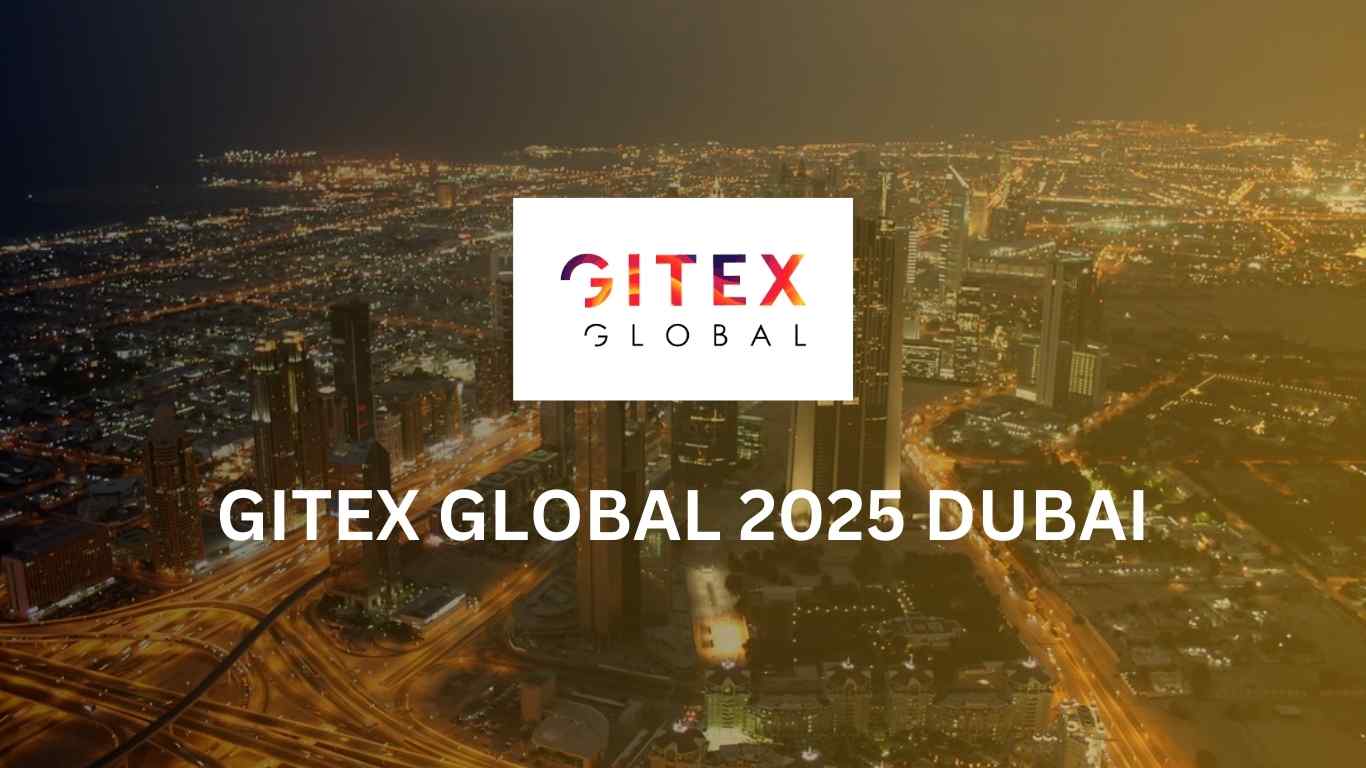
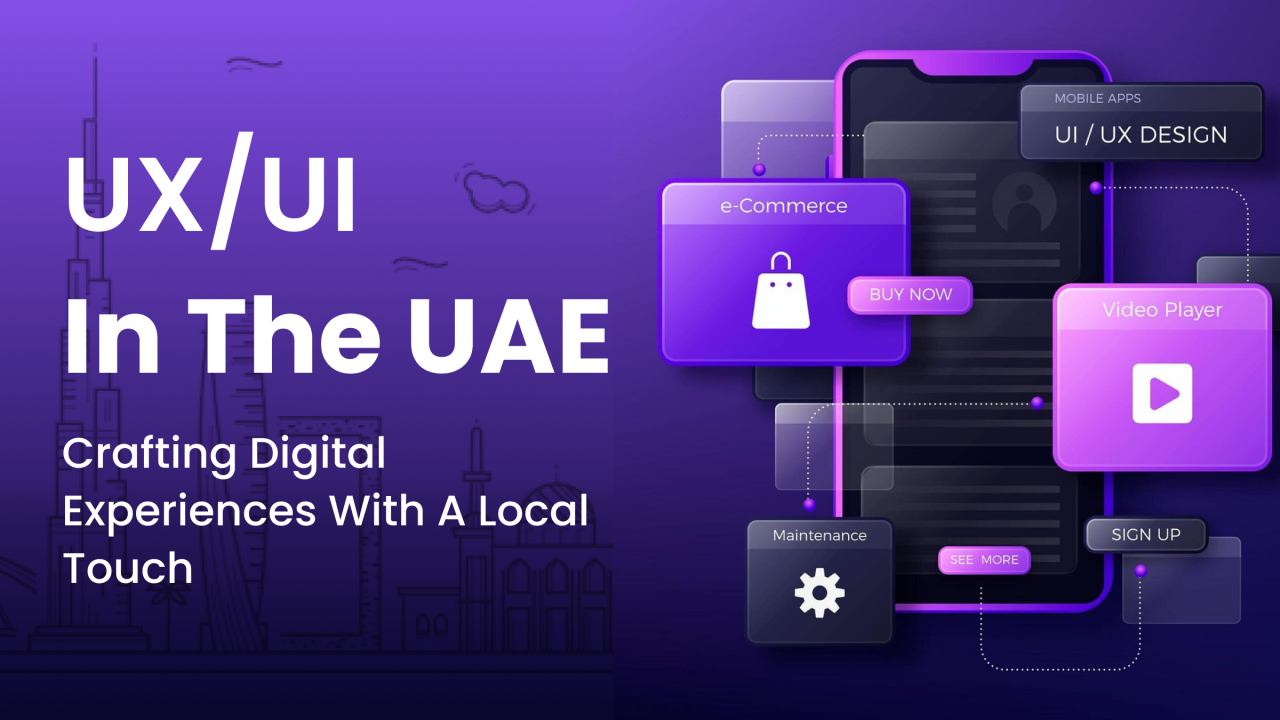
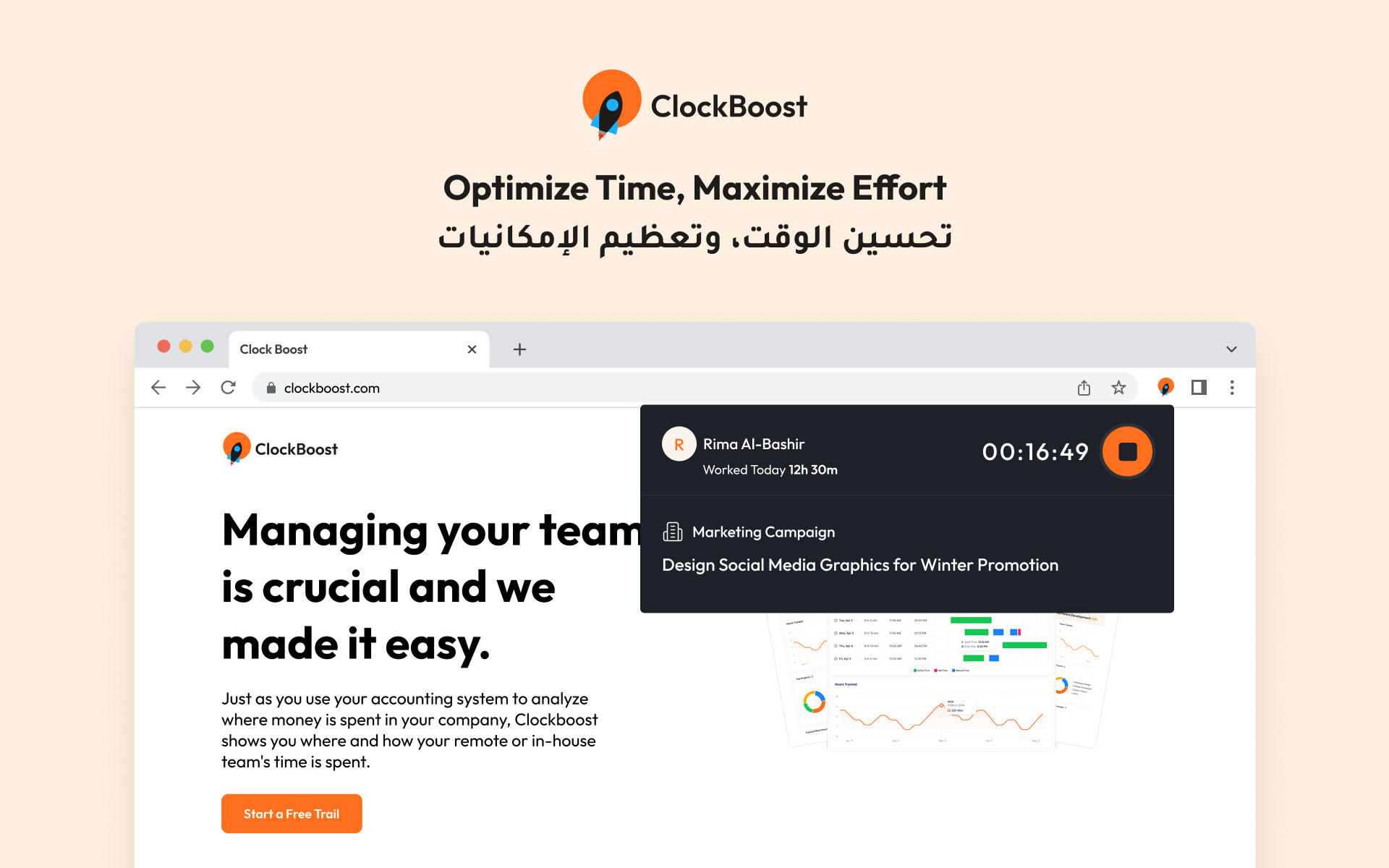



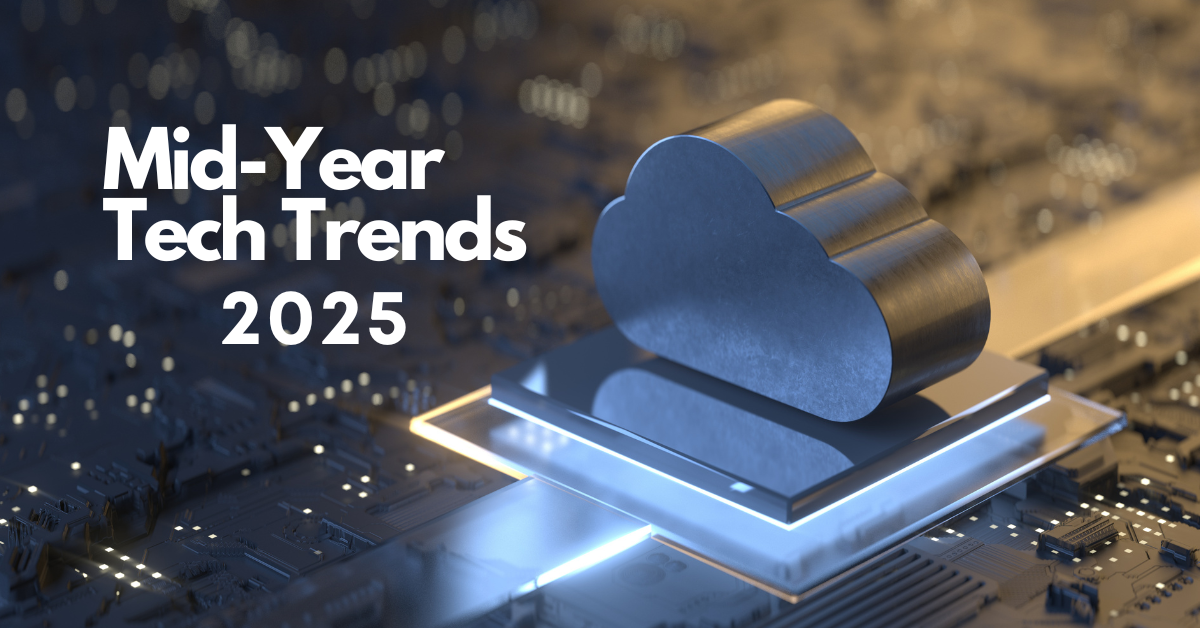


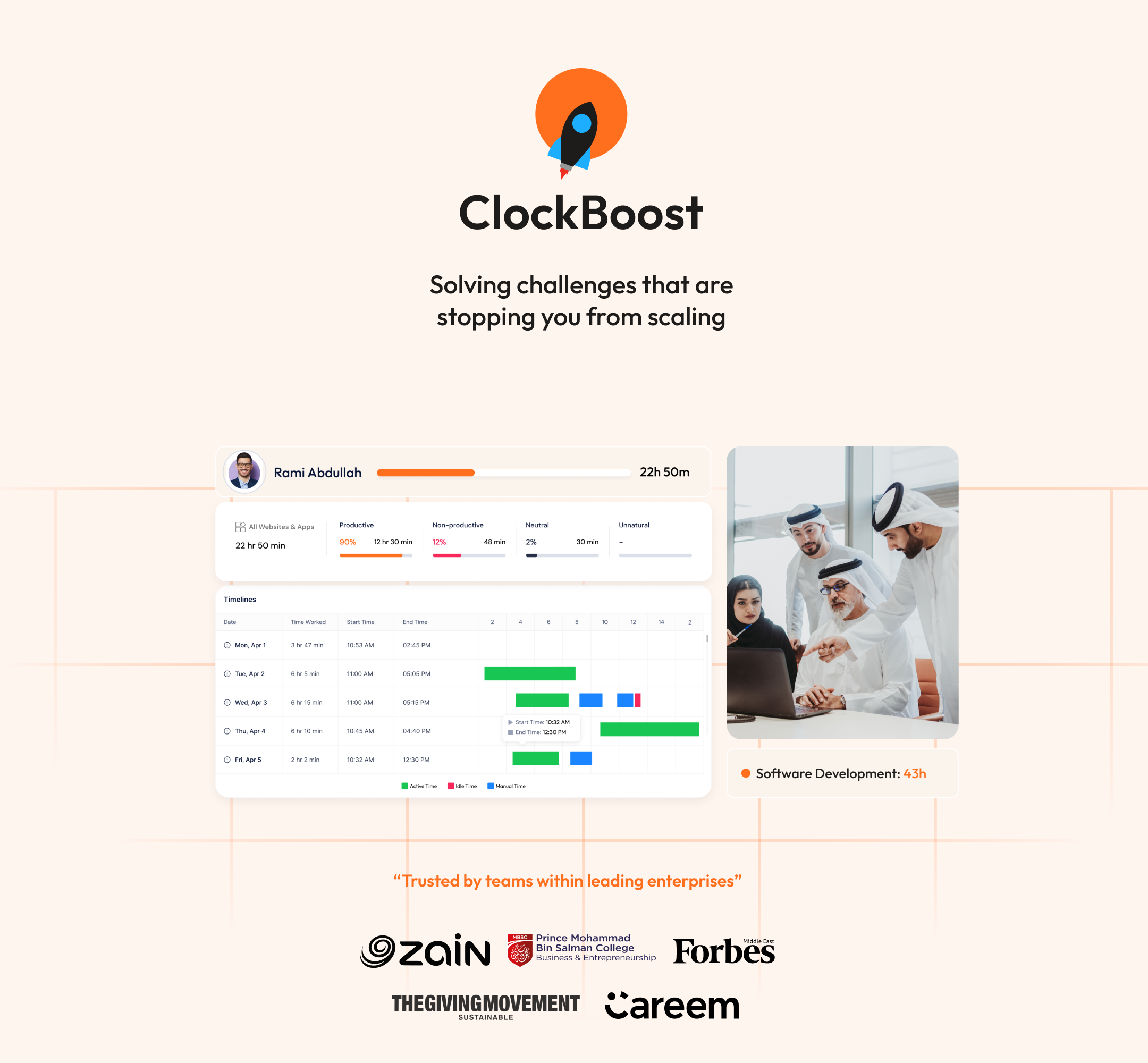

.png)

